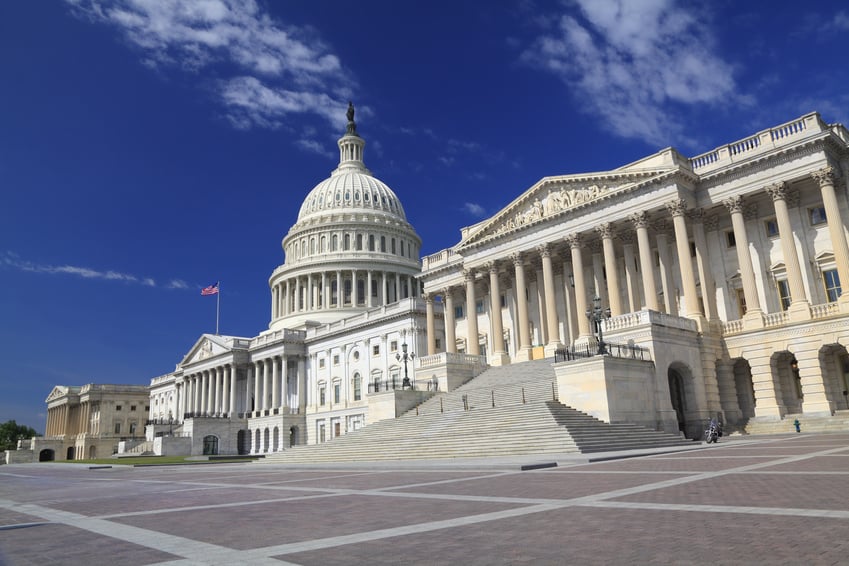On 28 September 2022, the Government introduced the Treasury Laws Amendment (More Competition, Better Prices) Bill 2022. If passed, the Bill will: introduce a civil penalty regime prohibiting the use of and reliance on unfair contract terms in standard form contracts; increase the maximum penalties that may be awarded for breaches of the civil penalty provisions in Parts IV, IVBA, X and XICA of the Competition and Consumer Act 2010 (and under the Australian Consumer Law to the greater of AUD 50 million, if the court can determine the value of the benefit obtained — three times the value of that benefit, if the court cannot determine the value of the benefit obtained — 30% of the body corporate’s adjusted turnover during the breach turnover period for the offence, act or omission, and increase the maximum civil penalty for breaches by telecommunications providers of the Competition Rule, to up to AUD 71 million plus AUD 3 million for every day that a contravention continues in the most serious cases.
Baker McKenzie’s Sanctions Blog published the alert titled Australian Government makes first designated party listings under Magnitsky-style thematic sanctions regime on 30 March 2022. Read the article via the link here. Please also visit our Sanctions Blog for the most recent updates.
A helicopter view of each stage of the healthcare & life sciences supply chain lifecycle and an overview of the trends that businesses in the sector should consider in 2021 and beyond, including sustainability, digitalization and increased public funding.
The Australian Treasury has released an exposure draft of legislation, which, if implemented, would require operators of electronic platforms to report to the Australian Taxation Office (ATO) identification and payment information regarding the sellers that participate on their platforms (“Sellers”).
On 5 April 2021, the US Court of International Trade issued a significant ruling that overturns a portion of the Section 232 tariffs imposed by President Trump under Section 232 of the Trade Expansion Act of 1962 (19 U.S.C. §1862).
An initiative of the Office of the Australian Information Commissioner, Privacy Awareness Week highlights the importance of protecting personal information and helps organisations navigate the privacy landscape. To mark the importance of this week, Baker McKenzie has partnered with Protiviti to launch a series of podcasts that explore how organisations are making compliance with privacy laws a priority, particularly in the key areas of how they approach data mapping, manage privacy risks and deal with data breaches.
Off the Shelf, the Global Consumer Goods & Retail Industry Podcast, provides short practical legal insights into the key issues affecting consumer goods and retail (CG&R) businesses. Episode 16: New Brand on the Block(chain): Consortium Considerations In the final episode of our blockchain for brands series, Alyssa Auberger, Baker McKenzie’s Chief…
The NSW Fair Trading enforcement grace period for new disclosure obligations added to the Fair Trading Act 1987 (NSW) expires on 31 December 2020. The changes commenced on 1 July 2020 and imposed new disclosure obligations on affected businesses. The new disclosure obligations require:
suppliers to disclose terms or conditions of contracts that substantially prejudice consumers. The disclosures must be made before the business supplies the goods or services;1 and
intermediaries to disclose the financial incentives arrangements they have with suppliers. The disclosures must be made before the business acts under an arrangement where it may receive a commission or referral fee.2
As the inauguration of the forty-sixth president of the United States approaches, the fragility of supply remains a critical lesson-learned from the COVID-19 pandemic. Our new report, in partnership with the Atlantic Council, explores how the next US administration can work alongside partners and allies in the Western Hemisphere to…







